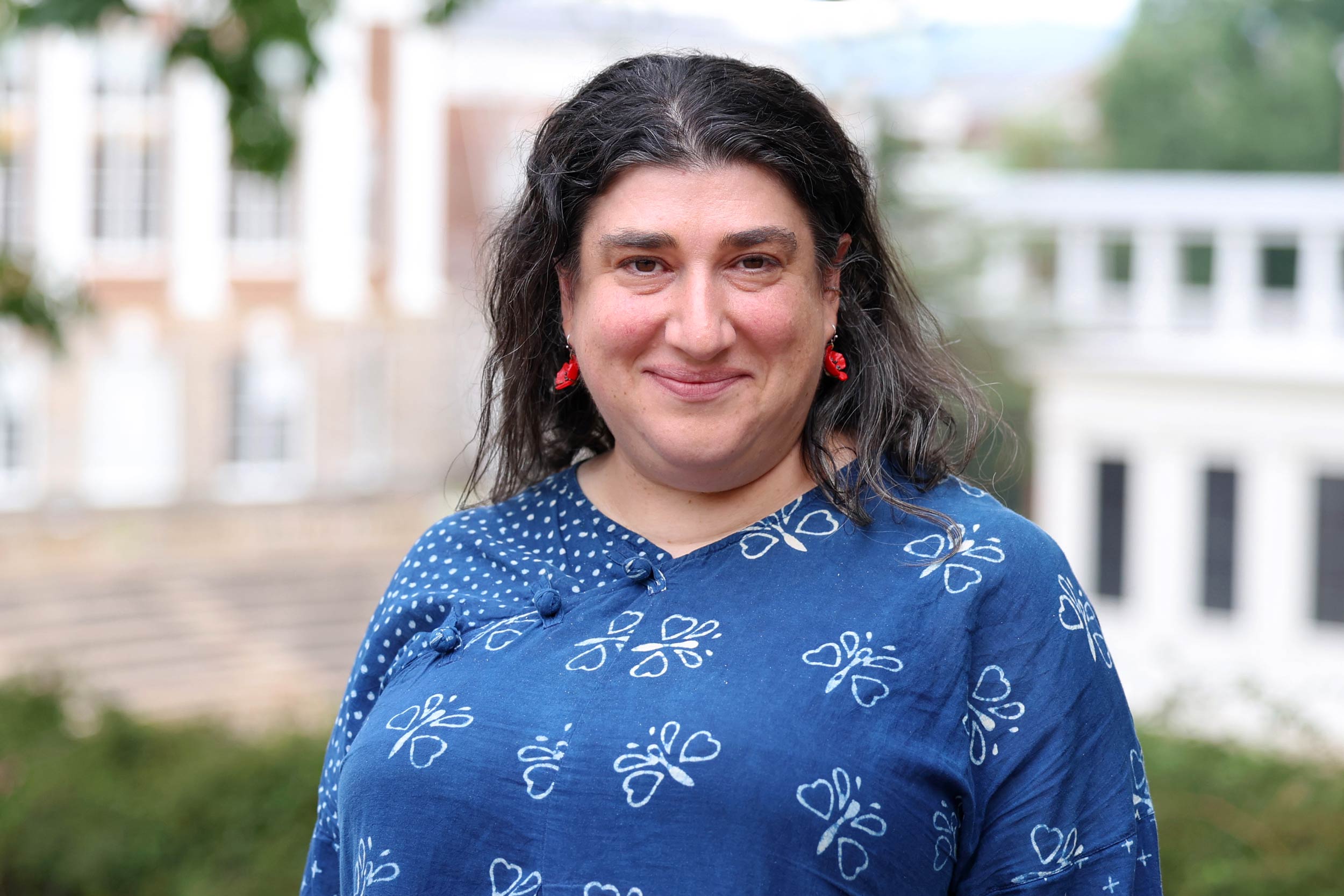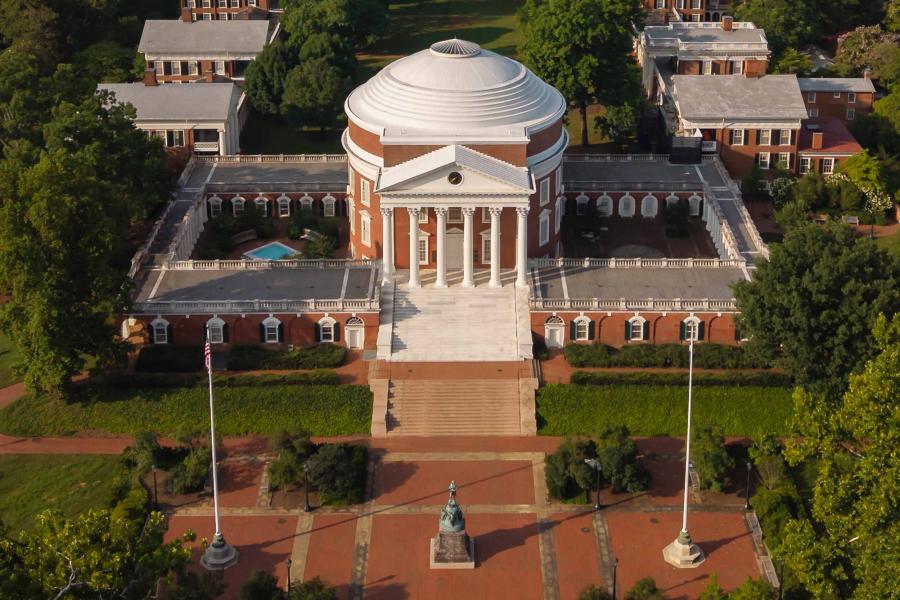Overseeing all of that will be that new director of advising, Meira Kensky, previously of Coe College in Cedar Rapids, Iowa. Kensky arrived at UVA in August.
She chatted with UVA Today about her new role and its meaning for students.
Q. What is the challenge you were hired to solve?
A. Over the past year, the College has been rethinking its approach to pre-major advising, hoping to improve the student experience when it comes to exploring the liberal arts and finding a departmental home. My challenge is to lead a team of dedicated, knowledgeable and caring advisers who are integrated into the curriculum in a meaningful way, and to provide great advising resources to faculty advisers across Grounds.
Q. What’s new for students this year?
A. This year, the College welcomed 13 advising fellows from a wide range of disciplinary backgrounds, all of whom have doctorates or other terminal degrees, and most of whom have extensive experience at UVA. Many of them are teaching in the Engagements, a sequence of courses for first-year students introducing them to liberal arts and sciences. Together, the advisers will counsel about 2,000 first-year students.
Q. What role will faculty play in pre-major advising?
A. Faculty will play a critical role. Last year, faculty were asked to volunteer to take on a formal role in serving as dedicated pre-major advisers for two years. They will attend special workshops and training and receive compensation for their role, which indicates the seriousness of purpose that advising deserves, and that it takes time and effort to advise well, particularly outside one’s own discipline. Faculty involvement will continue to be critical as we develop plans moving forward. They are the heart of the College and the reason our students come here to study.
Q. This does not sound like a one-size-fits-all approach to advising. How is the process different for different types of students?
A. Since students differ in terms of their needs and wants, any advising system should be nimble and flexible and be prepared to encounter a wide variety of students. Part of our work is to create an understanding of this across the College, and to be prepared to respond to the student in front of us, whoever they are.
Q. What is the ultimate goal of this new approach?
A. The goal is to create a community of advisers who are excited about working with students their first two years at the University, before they declare a major, and to elevate all advising practices across the College, so that students feel lifted up, cared for, and can thus take full control of their educational journey.
Q. The rollout for this effort is on a two- to three-year timeline. When we reach that point, what will be the measure of success?
A. Ask me again in two to three years! Just kidding. Ultimately, we will be judged by the success of our students. I can say that, in just a matter of months, we have already completely transformed the advising experience for first-years. My personal goal is that students, when reflecting on the entire span of their college career, feel like they were respected and taken seriously as thinkers and human beings from their first advising meeting to their last, and that their advisers knew how to help them find the information and resources they needed at every stage of their time here. We will be asking students for their feedback at every stage of the process, so that we know we are doing right by them and meeting their needs.


.jpg)


